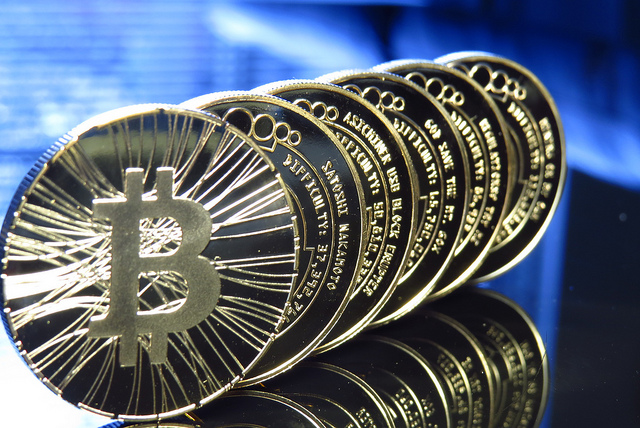We all know what to do with a coin. We put it in a wallet or purse or piggy bank — and we guard it with our lives.

Image courtesy Antana
But, Bitcoins aren’t quite like that. Without something physical to manage it’s a little harder to guard, with or without your life somehow in the mix. If you lose your password, or something happens to your computer, or your computer gets hacked, you could lose everything. You can’t ask a locksmith to come over and break into your Bitcoin wallet, for example. And you can’t get the police to run after the burglar who took your piggy bank.
In most cases, if you’re Bitcoins are gone, you’re not getting them back.
This doesn’t mean it’s impossible to take precautions to save your Bitcoins. In fact, it’s necessary.
Here are five ways you can make your Bitcoins safer.
Encrypt That Wallet
You should definitely encrypt your Bitcoin wallet. An encrypted wallet is protected with a very strong — 16 character at least — password. The password should contain capital and lowercase letters, different punctuation marks and throw in some numbers.
This isn’t 100 percent effective, experts point out. But it’s a start.
Password Protection Hints
So, you’ve devised a great password. Great! But, now you have to protect the password that’s protecting your Bitcoins. Make sure you have a password that is complicated, with a variety of letters and numbers. But try hard to remember it.
Some Bitcoin experts also suggest you write down your password on paper and then lock the paper away. Put it in a safe.
Don’t Put All Your Bitcoins in One Basket
The “don’t put all of your eggs in one basket” philosophy of risk management applies to Bitcoins, as well. You can move some of your Bitcoins to exchanges, for example.
Here’s another way to handle risk — and this may sound heretical — but take your Bitcoins and move them into other assets: stocks, bonds, and even… dollars…
I will pause now for the whispers of angered rage of the Bitcoin faithful to die down. You don’t have to put all — or even a majority — of the Bitcoins in those assets, but it’s always good to rebalance your portfolio and have a Plan B. Plan C. Heck, a Plan D.
Update Your Software
Your Bitcoin software should be updated continually. This can ensure that your software has all the most updated security features. In fact, keep all of your software updated for security.
Go Offline
Perhaps the safest way to protect your Bitcoins from hackers is to take your computer with the wallet offline completely. Unless a hacker can steal your device physically, it should be safe.
New Boss Same as the Old Boss
These are new times. Physical wealth is being replaced by digital wealth. But, guess what? The same rules of security apply to digital wealth as they do to current security standards. You wouldn’t leave your wallet or pocket book out unattended on a table in a public restaurant intentionally, would you? Same now applies in this new Bitcoin-powered world.


